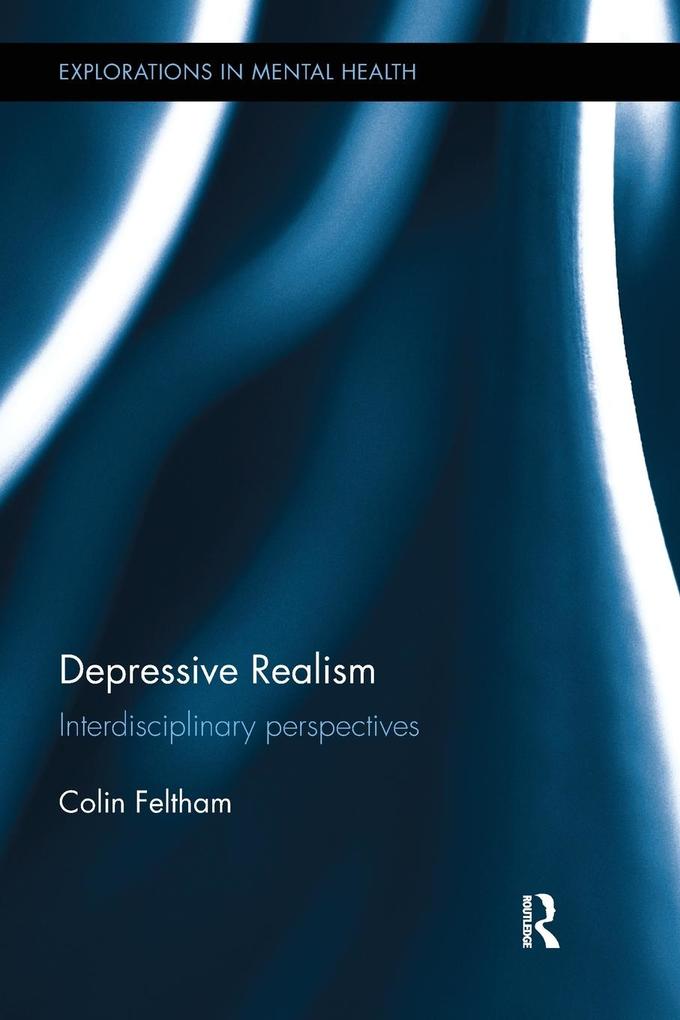
Zustellung: Mo, 28.07. - Do, 31.07.
Versand in 5 Tagen
VersandkostenfreiBestellen & in Filiale abholen:
This book argues that people with mild-to-moderate depression have a more accurate perception of reality than non-depressives. Drawing from central observations from various disciplines, this book argues that a radical honesty about human suffering might initiate wholly new ways of thinking, in everyday life and in clinical practice for mental health, as well as in academia.
Inhaltsverzeichnis
Introduction
1. Big History, Anthropathology and Depressive Realism
2. Religion, Spirituality and Depressive Realism
3. Philosophy and Depressive Realism
4. Literature, Film and Depressive Realism
5. Psychology and Depressive Realism
6. Psychotherapy and Depressive Realism
7. The Socio-Political Domain and Depressive Realism
8. Science, Technology, The Future and Depressive Realism
9. The Lifespan, Everyday Life and Depressive Realism
10. Arguments Against Depressive Realism
11. Lessons and Possibilities for Individuals and Society
1. Big History, Anthropathology and Depressive Realism
2. Religion, Spirituality and Depressive Realism
3. Philosophy and Depressive Realism
4. Literature, Film and Depressive Realism
5. Psychology and Depressive Realism
6. Psychotherapy and Depressive Realism
7. The Socio-Political Domain and Depressive Realism
8. Science, Technology, The Future and Depressive Realism
9. The Lifespan, Everyday Life and Depressive Realism
10. Arguments Against Depressive Realism
11. Lessons and Possibilities for Individuals and Society
Mehr aus dieser Reihe
Produktdetails
Erscheinungsdatum
07. März 2018
Sprache
englisch
Seitenanzahl
208
Reihe
Explorations in Mental Health
Autor/Autorin
Colin Feltham
Verlag/Hersteller
Produktart
kartoniert
Gewicht
324 g
Größe (L/B/H)
234/156/11 mm
ISBN
9781138543201
Entdecken Sie mehr
Bewertungen
0 Bewertungen
Es wurden noch keine Bewertungen abgegeben. Schreiben Sie die erste Bewertung zu "Depressive Realism" und helfen Sie damit anderen bei der Kaufentscheidung.






























